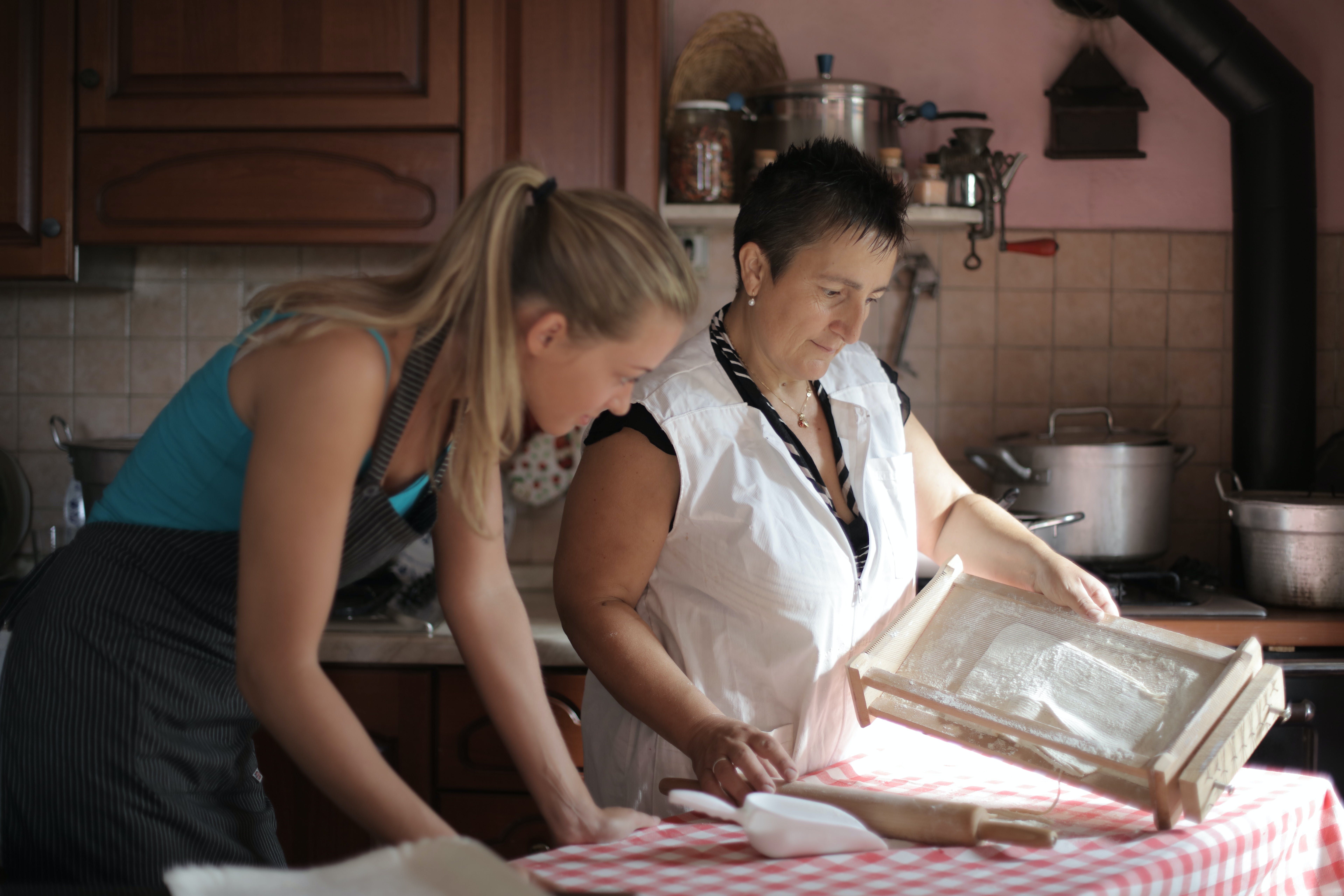
Reactive Attachment Disorder in Adults: Signs to Look For and How to Heal
When childhood bonds are broken, trust can feel impossible—but Reactive Attachment Disorder doesn’t have to define your relationships forever.
Over thousands of years of evolution, we humans have continued to form close, caring relationships with our young. Mostly.
Sometimes, that just doesn’t happen.
Despite our social and genetic conditioning to fawn over babies, uncommon circumstances can make that connection go missing. And, it can have lasting consequences.
Reactive Attachment Disorder (RAD) is a diagnosis that describes the long-term effects in some of us who do not experience a secure adult attachment in our earliest years of life, affecting 1-2% of the population. It can happen when a child’s relationship with a parental figure(s) is interrupted or too distant, leaving a child feeling unsafe.
A RAD diagnosis doesn’t mean anything is intrinsically “wrong” or “broken” about you. As with all diagnoses, it is merely a tool for navigating the path ahead.
And, adults with RAD aren’t damned to a lifetime of missed connections and relationship insecurity. In fact, folks can find a great richness of life by untangling their experiences of human relationships.
How Reactive Attachment Disorder starts
The onset of RAD occurs when, at a young age, you don’t experience what’s called a secure attachment with an adult who can act as a parental figure.
It may be that you never had an adult caring for you in a way that met your most basic developmental needs, the care they offered was inconsistent and unpredictable, or it may be that a relationship with a trusted adult was traumatically ruptured.
Common causes of RAD
- Early abandonment
- Parental neglect
- Being removed from parents
- Traumatic parental abuse
There is only one thing that is true across all cases of RAD: it wasn’t the child’s fault.
Beyond that, there’s no universal experience of Reactive Attachment Disorder. While it’s more prevalent amongst adoptees and foster children, RAD can arise in a variety of family systems.
Can adults have Reactive Attachment Disorder?
Reactive Attachment Disorder (RAD) starts in early childhood, but can last well into adulthood. One of the most common experiences of RAD in adults is difficulty keeping trusting, intimate relationships. It is also associated with higher rates of other mental health challenges.
Symptoms of RAD in adults
Reactive Attachment Disorder is primarily diagnosed by looking for emotionally withdrawn behavior, heightened reactivity in social settings, and childhood experiences of insufficient care.
Sometimes, RAD shows up as:
- Difficulty reading emotions
- Detachment from others
- Anger and irritability
- Impulsivity and risk-taking
- Passive-aggression
- Distrust of self
- Negative self-image
- Explosive reactions to closeness
The symptoms listed above can overlap with other mental health struggles, too. A mental health clinician that specializes in attachment trauma can help parse out what is RAD, and what may be co-existing or another diagnosis, like post-traumatic stress or borderline personality disorder.
Living with Reactive Attachment Disorder
Reactive Attachment Disorder is a trauma-based experience where you chronically feel unsafe in relationships with others. For many, this persistent stress feels like being stuck in a constant cycle of fight, flight, or freeze.
Those responses can make relationship challenges all the more difficult. Finding people you connect to might feel impossible, as though you’re alone even when you’re with someone. Relationships might feel mired in self-sabotage, like pushing people away as soon as you start to feel close to them.
And, when your boundaries are violated — when someone doesn’t respect your “no,” or attempts to exert control over you — it can feel really, really hard to bounce back.
Addressing RAD can be hard, in part because it has so much in common with other trauma-related disorders (like C-PTSD) and neurodivergent behavioral profiles (like Autism). Familiarizing yourself with these related conditions can be helpful, as can enlisting the help of a licensed psychologist experienced in those distinctions.
Escaping that cycle relies on experiencing a safe relationship, and on building skills for trusting others and regulating your emotions.
Because RAD roots itself in our early development, it can be particularly complex to address, and a multi-faceted approach is often necessary.
That’s why, when working on RAD with kids, the child typically isn’t the only one engaging in therapy. Typically, the child’s caregivers are getting resources and support to learn how to respond to the child’s unique emotional needs.
Just because you are an adult doesn’t mean you have to tackle RAD on your own. When you do begin to feel trust in a relationship, you can involve that person in your care with open communication and group/couples therapy.
Treatment for Reactive Attachment Disorder in adults
To be clear, RAD isn’t something that needs to be “fixed.” But, when you feel ready, individual therapy can help untangle your experiences of relationships. Finding the right therapist makes a huge difference in finding safety and experiencing trust. To start, you might want to investigate therapists covered by your insurance.
You can also look for a therapist based on modality, or therapeutic approach. Some approaches worth exploring for RAD include:
- Trauma-informed therapy to explore how trauma has impacted your life experiences.
- Family constellation work to better understand how family dynamics have impacted you.
- Cognitive behavioral therapy to unlearn and untangle how your trauma may have influenced your beliefs about yourself and the world around you.
- Safe and Sound Protocol to help guide your nervous system back to a more regulated place.
Next Steps
Cycles can be broken.
If Reactive Attachment Disorder is impacting your life in ways you’d like to change, you don’t have to go at it alone. You’re capable of healing and growth with the right support.
If you're curious about therapy, finding a professional who truly understands attachment issues can be invaluable. They can offer a safe space to explore your experiences and, if you wish, develop new strategies for relating to others.
Breaking the cycle of relational patterns associated with RAD is possible, and personal. Whether you choose to seek support or not, you can find your way. Your experiences have shaped you, but they don't dictate your future relationships or sense of self.
Jul 15, 2024

Looking for a therapist?
Get tips on finding a therapist who gets you.
By submitting this form, you are agreeing to Alma's privacy policy.



